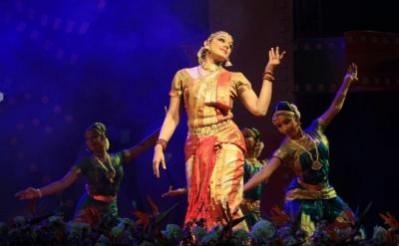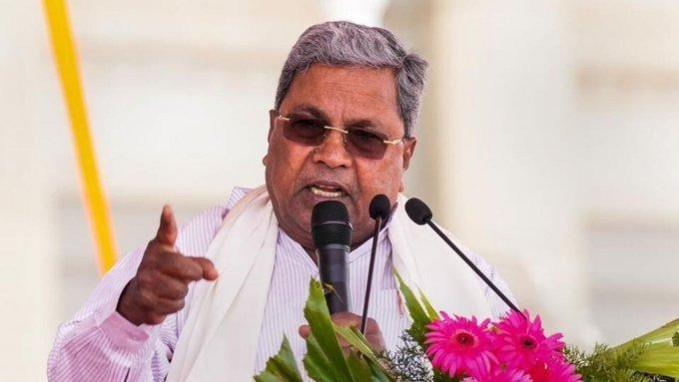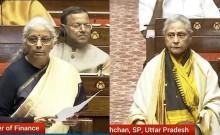
The 16th Bengaluru International Film Festival set to take place from March 1-8 was recently announced by Karnataka Chief Minister Siddaramaiah. The theme for this year's festival is 'Garden of Peace for All', a shift from last year's theme of 'Social Justice'. The festival, which began in 2006, has grown significantly over the years. This year's budget has been increased to Rs 9 crore from last year's Rs 7 crore, reflecting the festival's growing stature and importance.
The festival will feature films from over 60 countries, with 200 films to be screened across 13 screens. The screenings will take place at various locations, including Orion Mall, Suchitra Film Society, and Dr Ambareesh Auditorium in Chamarajpet. In addition to the screenings, over 400 films in Kannada and other languages will be showcased, providing the people of Bengaluru and Karnataka an opportunity to experience global cultures.
The Chief Minister highlighted the government's support for the film industry, stating that this year's festival aims to promote Kannada cinema. The government has implemented several initiatives to encourage Kannada films, including setting up a selection committee to review films for financial assistance. The government has also approved 110 acres of land in Mysuru for the construction of a Film City, which will be implemented under the Public-Private Partnership (PPP) model.

The festival will be inaugurated by Chief Minister Siddaramaiah, with the Governor attending the closing ceremony. The festival is scheduled to begin on March 1 to accommodate pre-budget discussions. The committee will decide on the brand ambassador for the festival.
In other news Netflix has been making strides in the film industry since it began branding its logo on original films in 2015. The streaming giant has spent billions of dollars on a crusade to be taken more seriously, producing some genuinely good films. It has bagged an Oscar, elbowed its way into Cannes, and spent more than Panama's gross national product on content.
However, the suppression of free expression and assembly in Singapore paints a stark contrast to the cultural celebrations and freedom of expression seen in the film festivals. The government severely restricts what can be said, published, performed, read, or watched.
Those who criticize the government or the judiciary, or publicly discuss race and religion, frequently find themselves facing criminal investigations and charges, or civil defamation suits and crippling damages.
Peaceful public demonstrations and other assemblies are severely limited, and failure to comply with detailed restrictions on what can be said and who can participate in public gatherings frequently results in police investigations and the threat of criminal charges.

















